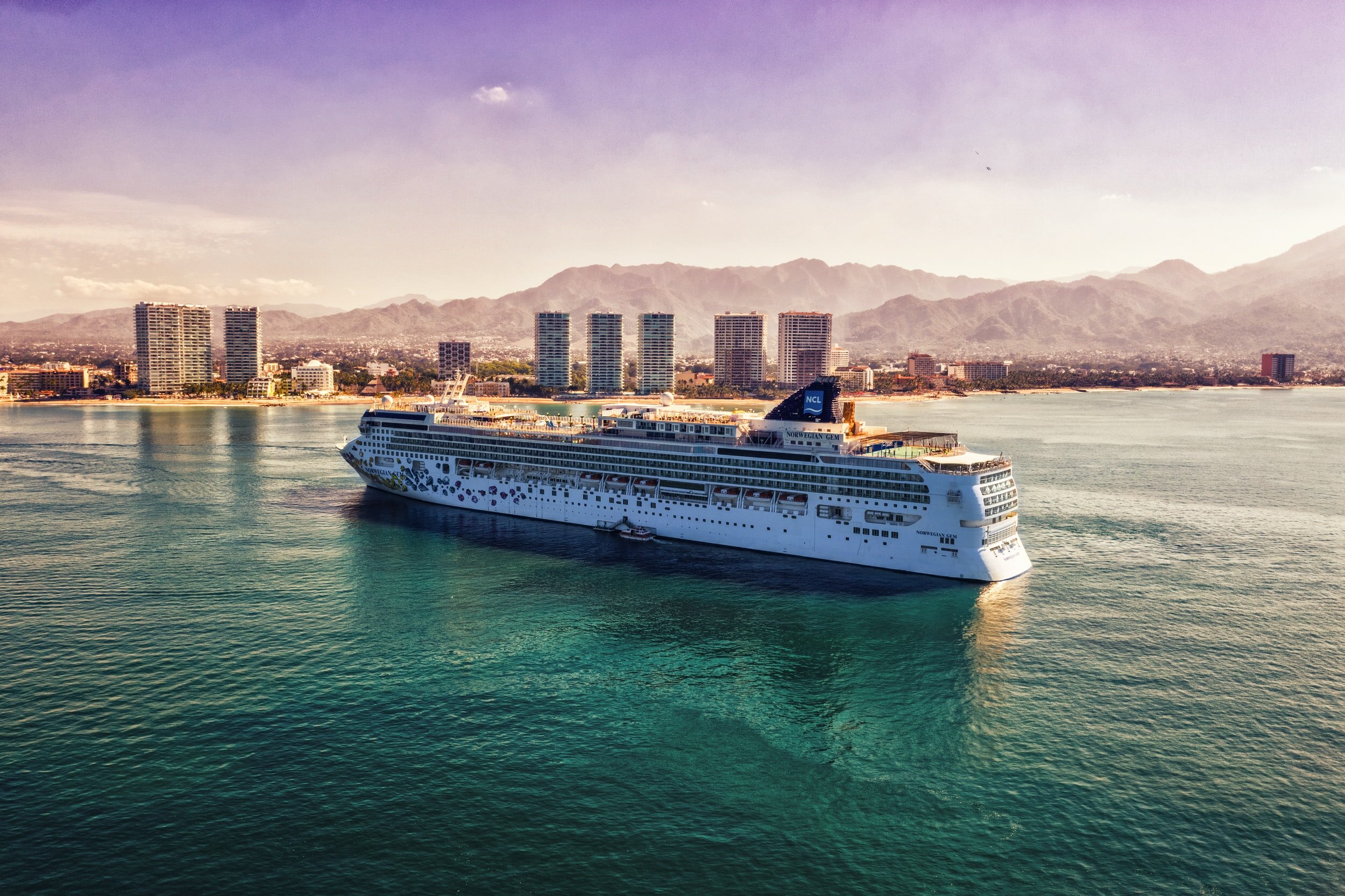
Case Summaries
Oceanus Capital SARL v Lloyd’s Insurance Company SA (Re M/V Vyssos) [2025] EWHC 3293 (Comm)
Oceanus provided finance secured by a mortgage over a vessel Vyssos and took mortgagee’s interest insurance (MII). The vessel, trading into Ukrainian waters based on a forged additional war risks cover, struck a mine and was a constructive total loss. Owners’ WRI declined cover for breach of trading warranties. The Court held that the proximate cause of Oceanus’ loss was a mine strike and that the MII Policy responded: the breach of the trading warranties was an insured peril, Oceanus was not privy to it because its conditional consent was induced by fraud, and the loss was fortuitous, so indemnity was payable.
V Ships Limited v Luna Management Corporation & Ors EWHC 3329 (Comm)
London arbitrators issued an Award in a dispute between V-Ships and Luna (managers of “M.T. “Priority”) under a ship management agreement. The Award and a subsequent Injunction, restrained Luna from commencing or continuing any other civil claims arising out of the agreement; nonetheless, Luna and Lambros Stravelakis (adjudged by the Court to be “the directing mind and will of Luna”) persisted in proceedings in Greece. With judgment in the latter imminent, the Court granted V-Ships’ application for a Contempt of Court order against Mr Stravelakis, indicating a real possibility of a custodial sentence being imposed.
Olam Global Agri Pte Ltd v Holbud Ltd [2025] EWHC 3187
Olam sold a cargo of corn to Holbud, FOB one of 4 Black Sea ports (3 Ukraine, 1 Romania) on GAFTA 49 terms. On the day of the invasion in 2022, Olam opted for Ukraine origin and 2 days later nominated Pivdennyi. Holbud nominated a performing vessel under protest; Olam declared Force Majeure whereas Holbud held Olam in repudiatory breach and claimed damages. Pending a ruling by GAFTA, the parties agreed to keep the contract open for 6 weeks. Both GAFTA and, on appeal, the Court, found Olam’s FM declaration baseless and in repudiatory breach, but the Court overturned GAFTA’s award of substantial damages to Holbud, as the (non-substitutable) vessel had engaged in alternative employment before expiry of the 6 week period.
Skyros Maritime Corporation & Anor v HapagLloyd AG (Re ‘SKYROS’ & ‘AGIOS MINAS’) [2025] EWCA Civ 1529
Two Vessels under T/Cs, had been sold. with MOA deliveries on set dates after latest T/C redeliveries. On assumed facts that (i) T/C redelivery was respectively 2 and 4 days late and (ii) Owners never intended to trade the Vessels post T/Cs, a Tribunal had nonetheless held that Owners were entitled to damages for the overrun, based on (increased) market rates. The High Court overturned, substituting only nominal damages. The C.A. restored the Tribunal’s Award, ruling that the MoAs were “collateral” and did not affect the usual compensatory basis of damages. Alternatively, “user” damages (here based on Charterers’ continued use of the Vessels) would achieve the same result.
Nefelia Shipping SA & Anor v Mosaic Fertilizantes Do Brazil LTDA & Anor [2025] EWHC 2941
Claimant shipowners (Nefelia Shipping SA) issued English proceedings for general average contributions against Brazilian Defendant (Mosaic Fertilizantes do Brazil LTDA and Seguros Sura SA) and attempted service in Brazil via diplomatic channels. Severe administrative delays followed, forcing the Claimants to obtain two extensions of time for service. The Defendants challenged the second extension, but the Court held that the delays stemmed from the diplomatic process rather than any fault of the Claimants, and the extension was upheld.
MS Amlin Marine NV v King Trader Ltd & Ors [2025] EWCA Civ 1387
Time Chartereres, Bintan Mining Corporation, were held by the Tribunal to be responsible for the grounding of the Solomon Trader and liable to Owners for approximately USD $47m. Before the award could be satisfied, Time Charterers were wound up under the Insolvency Act. The Court of Appeal upheld the “pay to be paid” provision in Amlin’s Charterers’ Marine Policy, such that it did not respond to Owners’ claim.
Read the full judgment here.